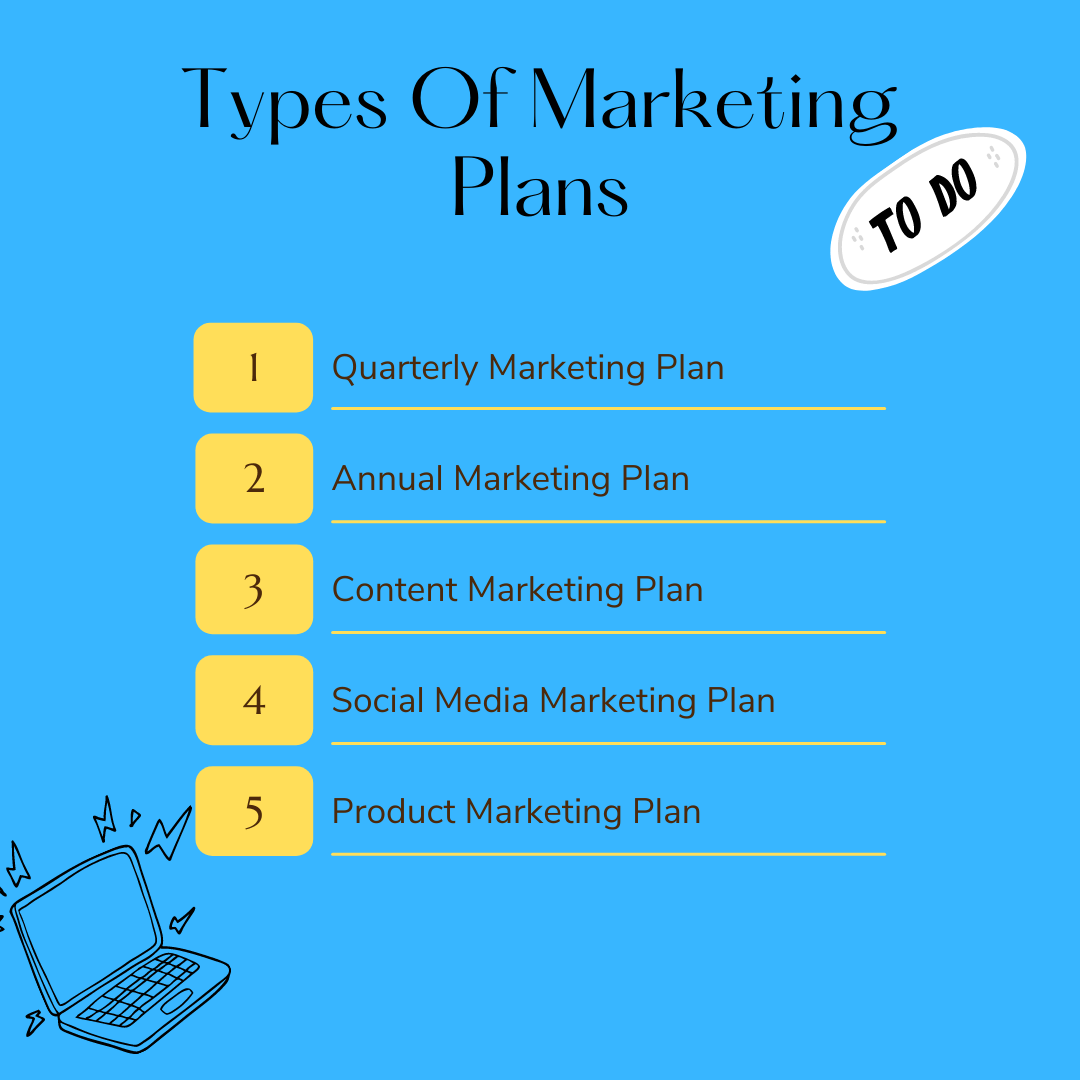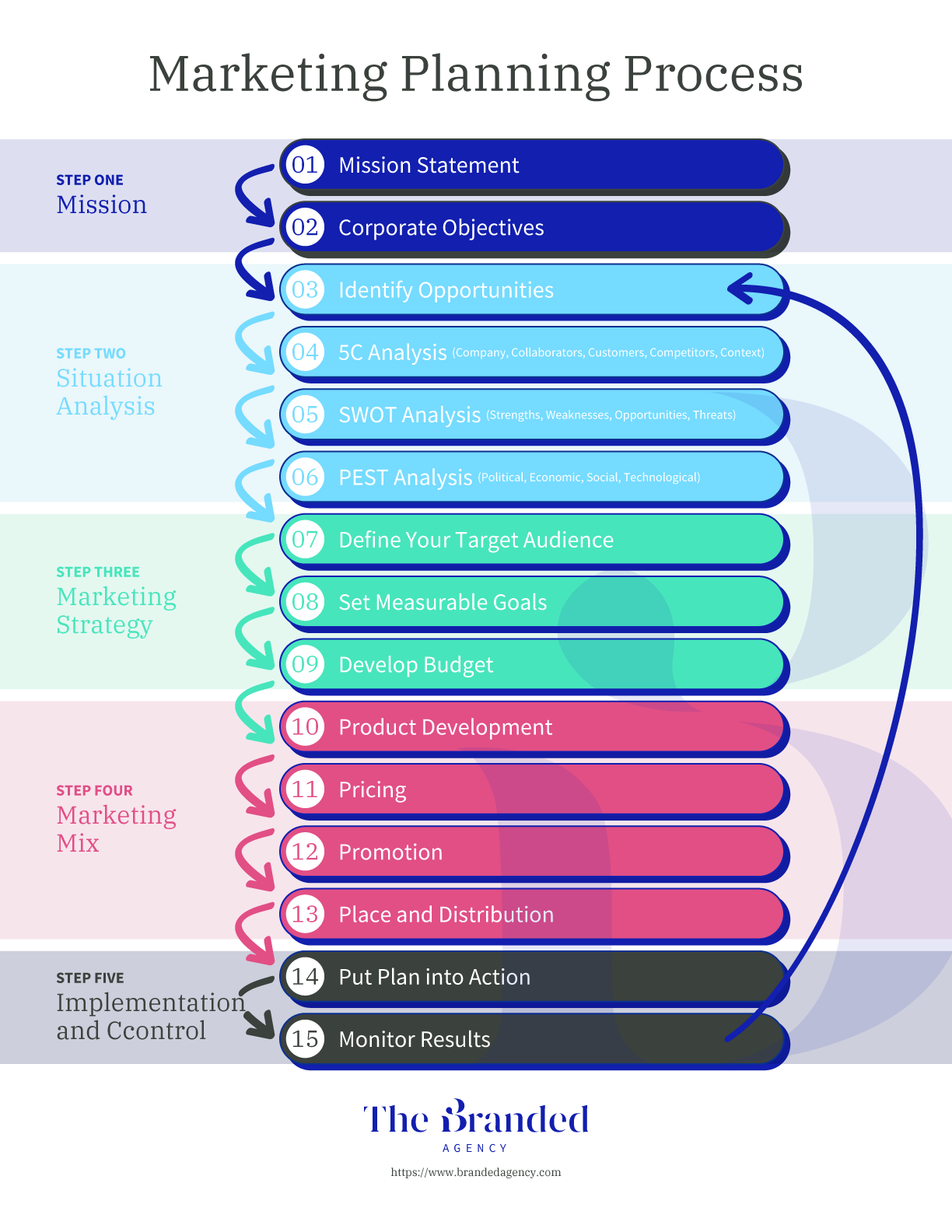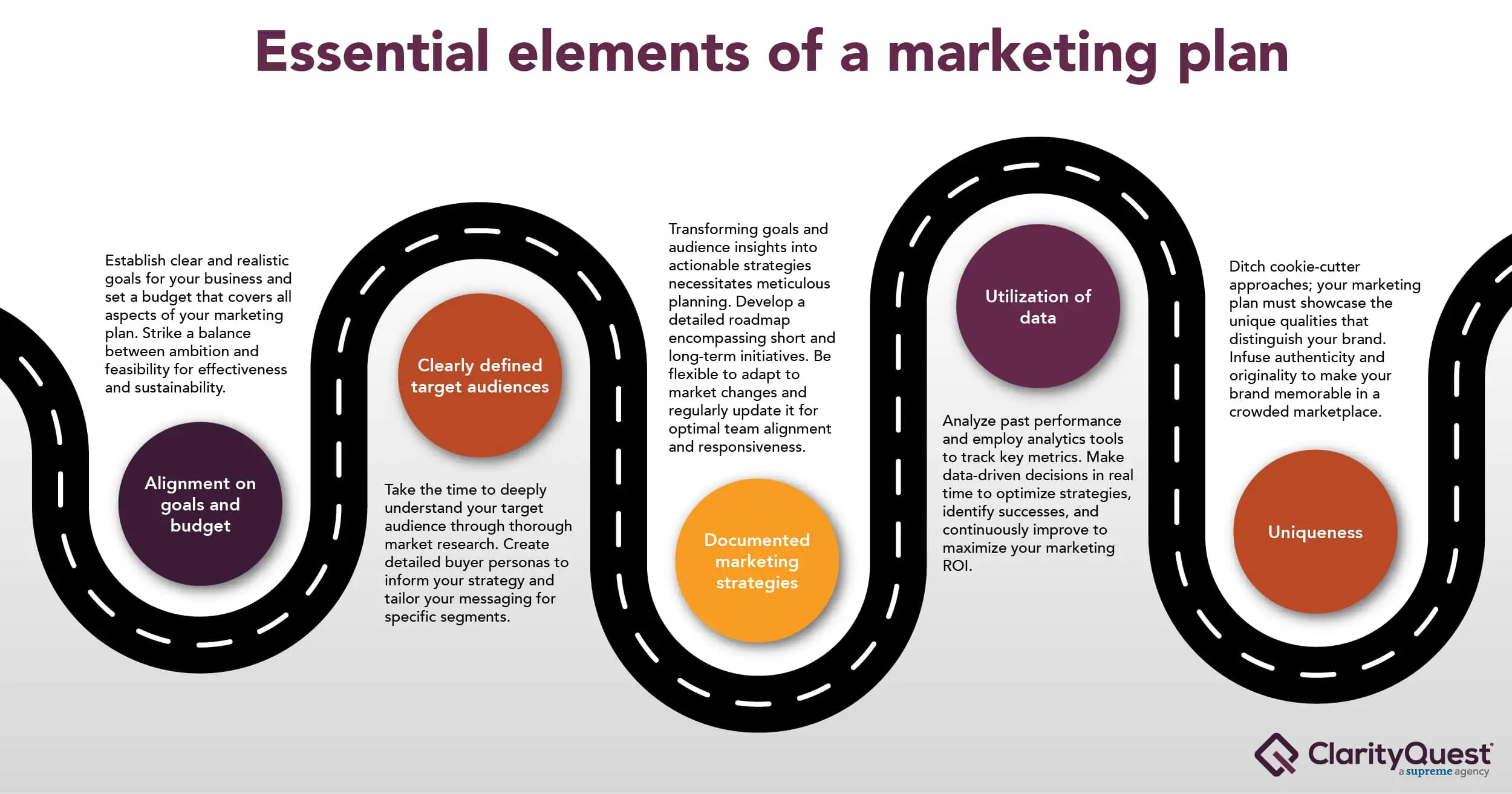What Basic Marketing Questions Are Answered In A Marketing Plan
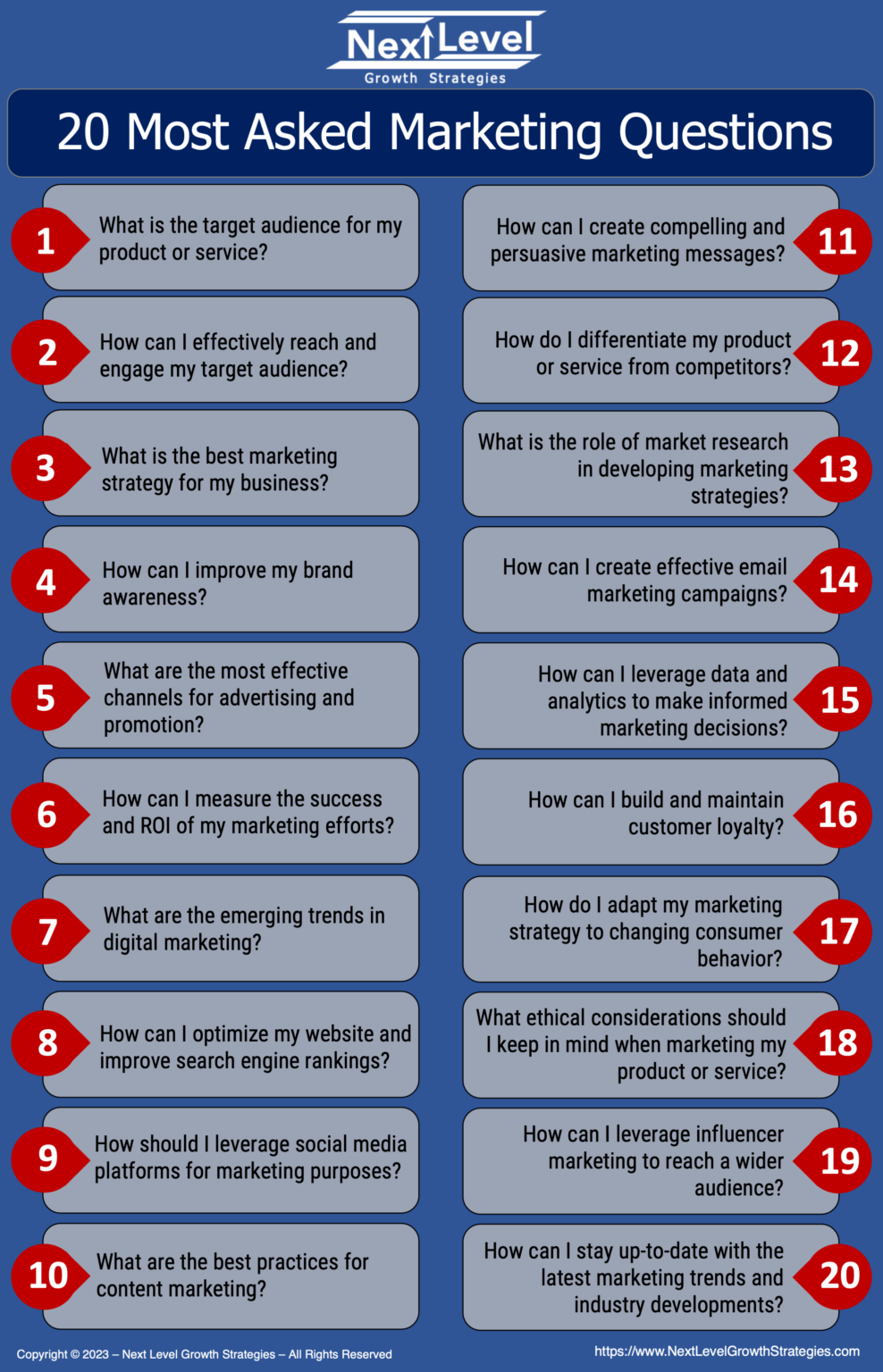
Imagine a ship setting sail on a vast ocean. Without a map or compass, it's likely to drift aimlessly, wasting fuel and resources, and potentially never reaching its destination. Businesses, much like that ship, need a well-defined route to navigate the complex market landscape. That route, in the business world, is the marketing plan.
At its core, a marketing plan answers fundamental questions about a business's direction and strategy. It clarifies who the target customer is, what the company offers, and how it will reach its audience effectively. Understanding these answers is critical for any business aiming to achieve sustainable growth and success.
Laying the Foundation: Understanding the Market Landscape
Before diving into specific strategies, a robust marketing plan begins with understanding the environment. This involves meticulous market research, identifying key trends, and analyzing competitors.
One of the first questions a marketing plan addresses is: "Where are we now?". This question requires a thorough SWOT analysis (Strengths, Weaknesses, Opportunities, and Threats). By understanding its internal capabilities and external challenges, a business can formulate strategies that capitalize on its strengths and mitigate potential risks.
Defining Your Ideal Customer
A critical component of market understanding is identifying the target audience. The marketing plan tackles this with the question: "Who are our customers?"
This involves creating detailed buyer personas. These fictional representations are based on research and data about your existing and potential customers, painting a vivid picture of their demographics, psychographics, and purchasing behaviors. According to a HubSpot study, businesses that use buyer personas are 48% more likely to exceed their revenue goals.
Crafting Your Message and Delivering Value
Once you know your audience, the next question is: "What value do we offer?" This forces you to articulate your unique selling proposition (USP).
Your USP is what differentiates you from the competition. It's the reason customers should choose your product or service over others. The marketing plan elaborates on this by explaining how your offering solves customer problems and fulfills their needs.
Another core question is: "How will we reach our customers?" This explores the marketing channels you'll use to connect with your target audience.
Will it be through social media, email marketing, search engine optimization (SEO), content marketing, or traditional advertising? The marketing plan outlines the specific strategies for each channel, ensuring they align with your overall goals and budget.
“Marketing takes a day to learn. Unfortunately, it takes a lifetime to master." – Philip Kotler
Setting Goals and Measuring Success
No marketing plan is complete without setting measurable goals and defining how success will be tracked. A crucial question to answer here is: "What are our goals?".
These goals need to be SMART (Specific, Measurable, Achievable, Relevant, and Time-bound). For example, instead of simply aiming to "increase brand awareness," a SMART goal would be to "increase website traffic by 20% in the next quarter through SEO and content marketing efforts."
Finally, the marketing plan addresses the question: "How will we measure our progress?". This involves identifying key performance indicators (KPIs) for each marketing activity.
KPIs might include website traffic, conversion rates, social media engagement, or return on investment (ROI) for advertising campaigns. Regularly monitoring these metrics allows you to identify what's working and what's not, enabling you to adjust your strategies and optimize your results. Data-driven decisions are key.
A Constant Evolution
A marketing plan is not a static document. It should be reviewed and updated regularly to reflect changes in the market, customer preferences, and the competitive landscape.
Think of it as a living document, constantly evolving and adapting to new information. By answering these basic marketing questions, businesses can chart a clear course, effectively reach their target audience, and achieve sustainable growth. Ultimately, a well-crafted marketing plan is an investment in the future success of any organization.
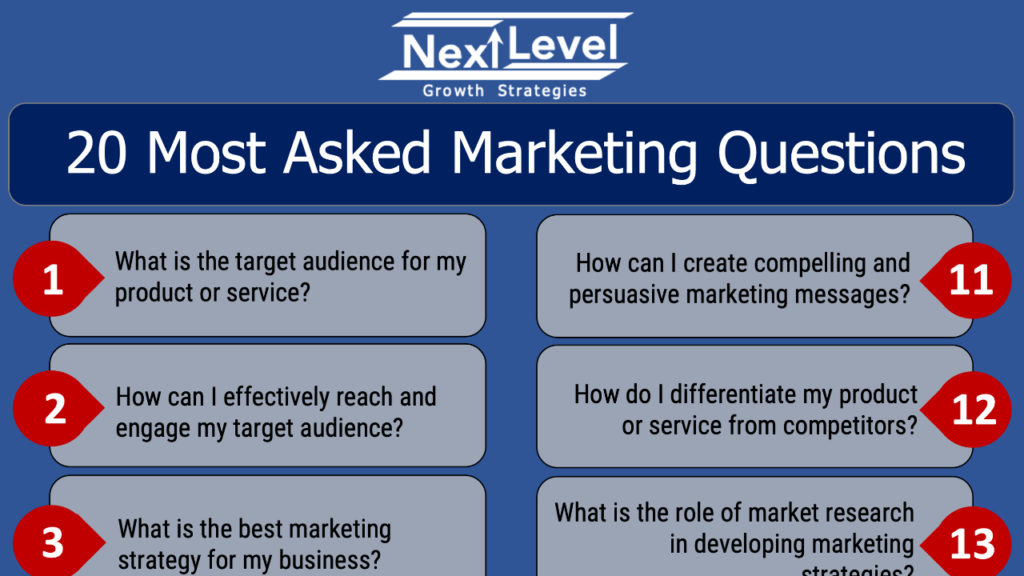
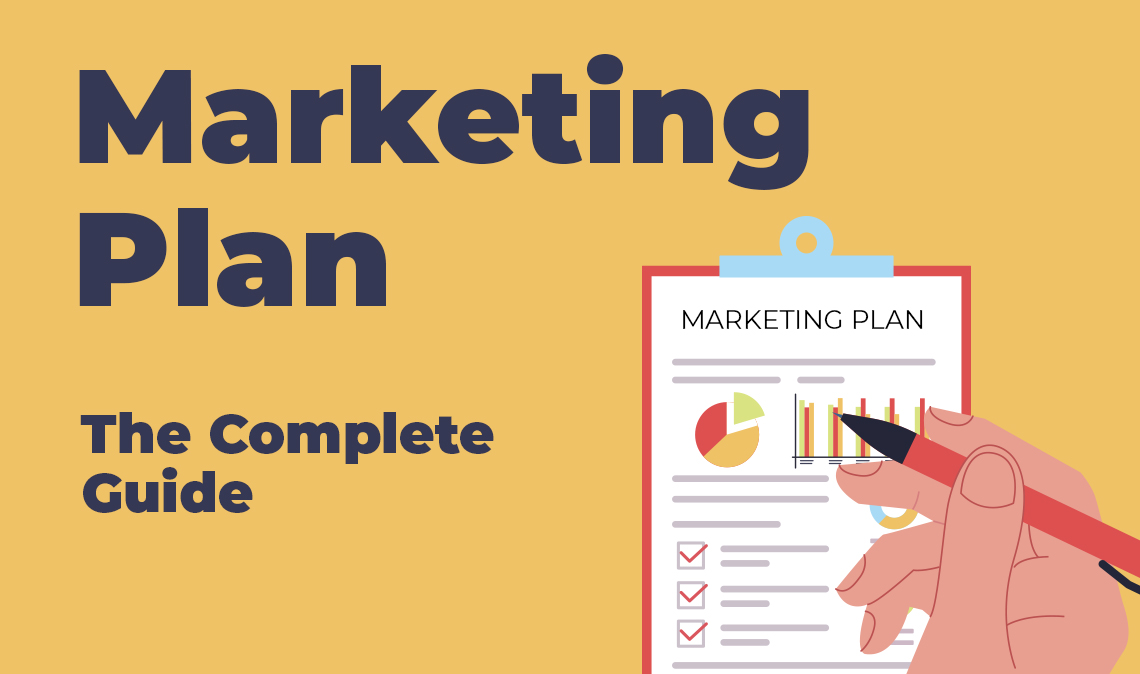

![What Basic Marketing Questions Are Answered In A Marketing Plan Top 10 Marketing Plan Software In 2025 [UPDATED LIST]](https://www.softwaretestinghelp.com/wp-content/qa/uploads/2021/10/marketing-plan.jpg)

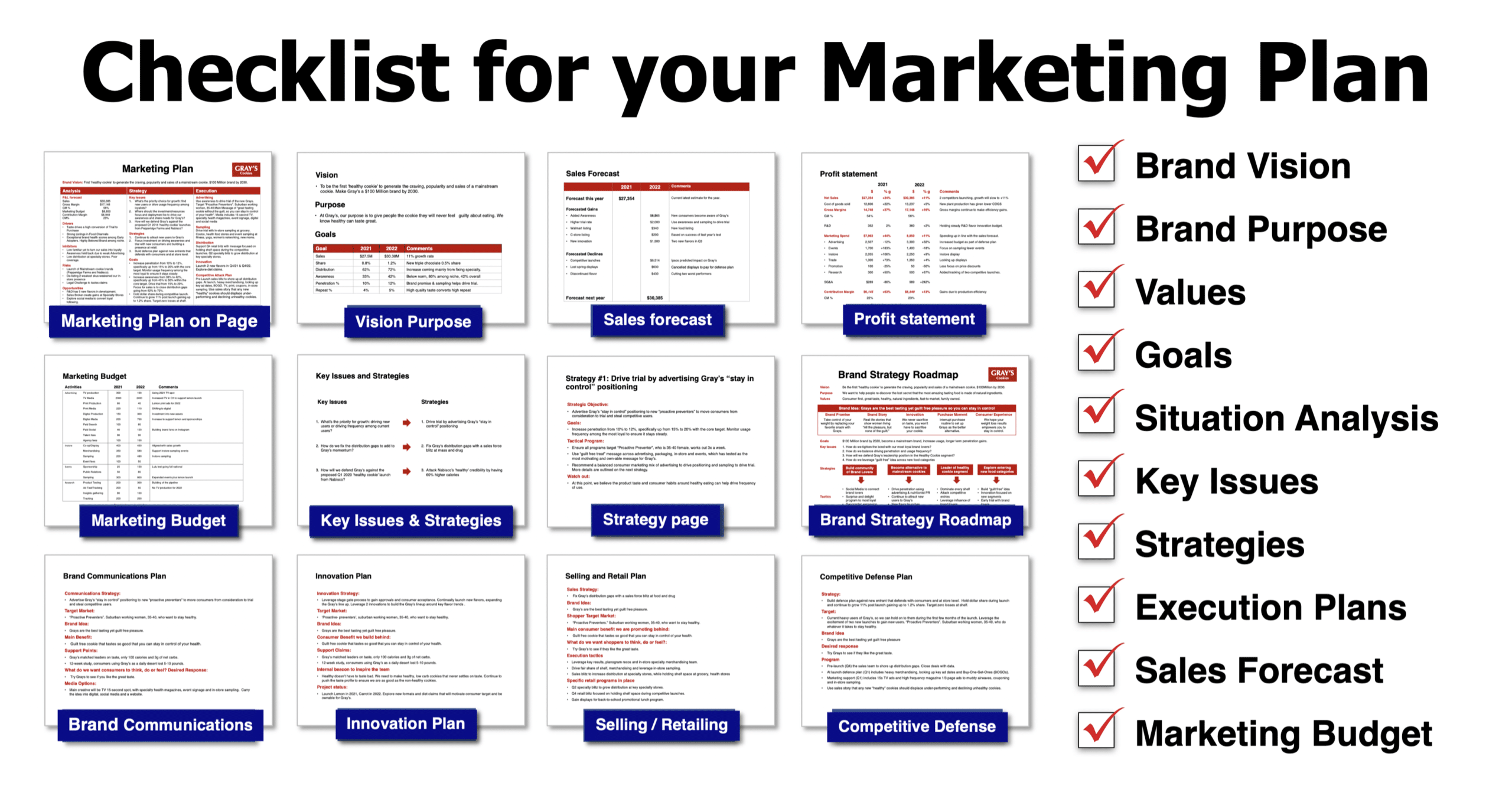



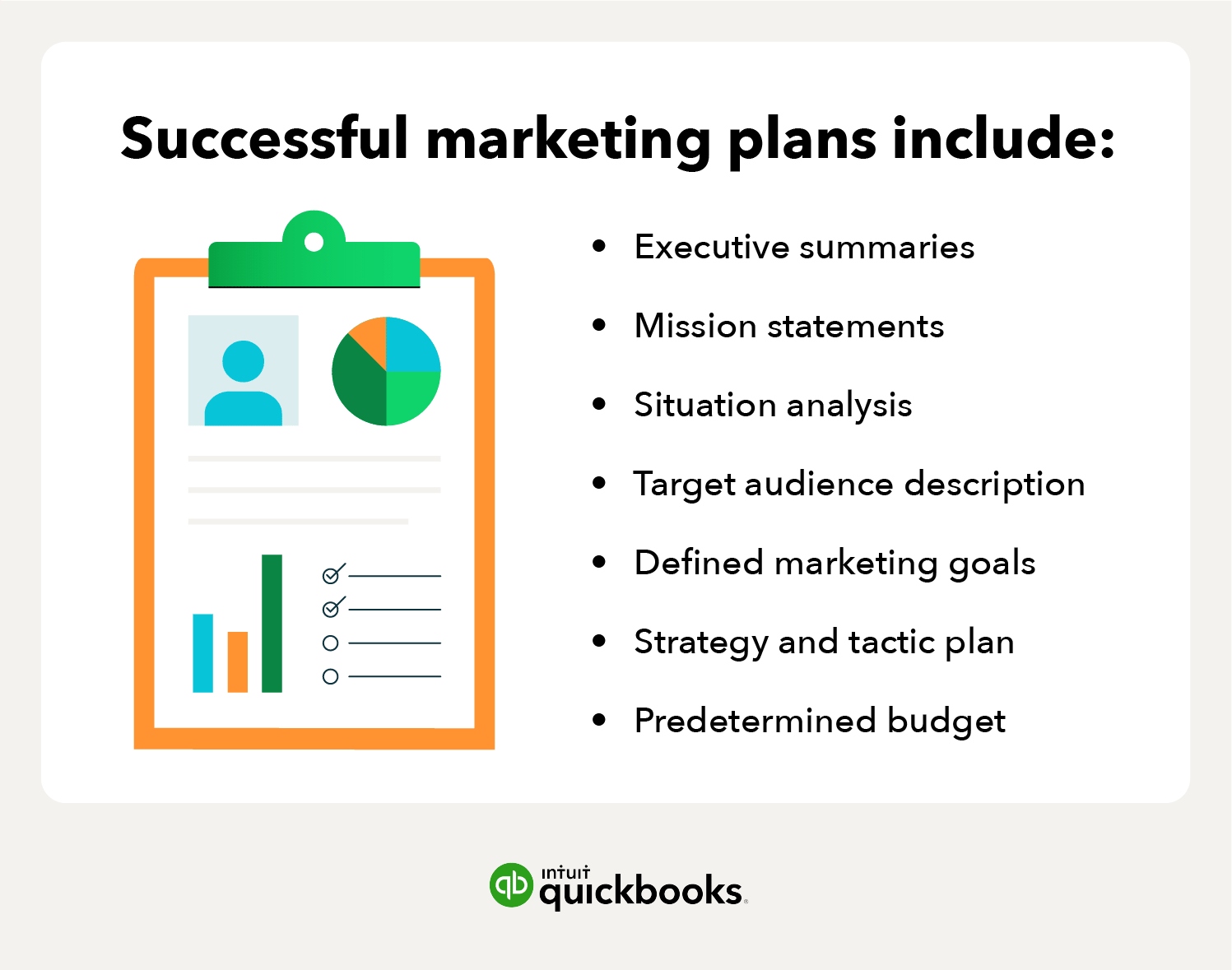
![What Basic Marketing Questions Are Answered In A Marketing Plan What is a Marketing Plan [+20 Free Templates]](https://visme.co/blog/wp-content/uploads/2020/05/Marketing-playbook-1163x1536.jpg)

